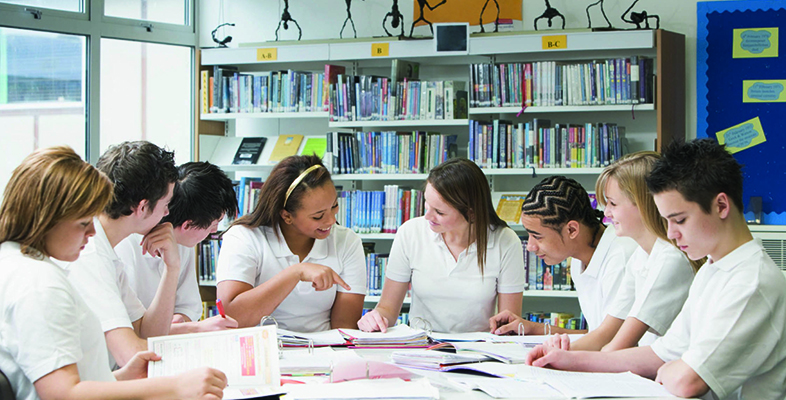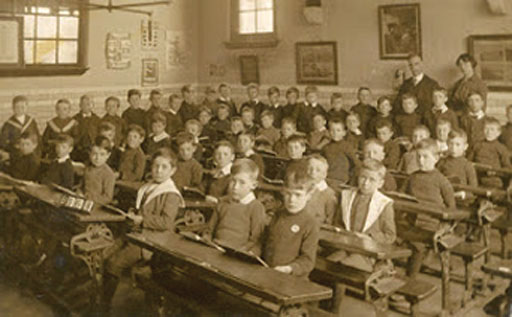1.2 Knowledge and learning
Your view of knowledge will influence your view of learning. The American philosopher and educationalist John Dewey argued that knowledge is actively constructed by the learner and teacher working together (Dewey, 1910). This is different from empiricist and rationalist beliefs that view the ‘the learner’ and ‘knowledge’ as separate entities. Knowledge is seen as an object waiting to be ‘learned’ and ‘understood’ by the student and learning is an essentially passive process. The teacher does not seek to make connections between knowledge and the learner’s individual and personal world; little importance is attached to personal knowledge or to the higher order forms of procedural and propositional knowledge. The Brazilian educator Paulo Freire describes this view of knowledge as leading to the ‘banking’ concept of education, where the teacher is considered to be the possessor of knowledge and the children the receptacles for that knowledge:
Education … becomes an act of depositing, in which the students are the depositories and the teacher is the depositor.
With this view, the teacher’s pedagogical role is:
to ‘fill’ the students by making deposits of information which he or she considers to constitute true knowledge.
The potential consequences for children’s experience of learning through such an approach were vividly described by Charles Dickens more than 150 years ago:
a plain, bare, monotonous vault of a school-room … and there arranged in order, ready to have imperial gallons of facts poured into them until they were full to the brim.
The learner plays little part in deciding what for them is important knowledge, in constructing knowledge or in influencing the way in which knowledge is acquired. In contrast, Dewey promotes the idea of ‘experiential education’, through which students and teachers work together to construct knowledge and skills through making direct connections with the student’s and the teacher’s worlds. The most influential aspect of Dewey’s thinking is the idea that education should not focus on knowledge content per se, but rather on the child as learner and their active engagement with knowledge as a process of discovery.
Reflection point
How were you expected to learn your subject at school?
Was that different from how you learned out of school?
What assumptions about how learners acquire knowledge underpinned the way(s) in which you were taught at school and university?
In order to support students in developing knowledge and understanding, a teacher needs to plan strategies and respond to learners effectively through taking into account the diversity in the classroom and the learning needs of individuals. To do this effectively, it is helpful to understand some of the main theories about learning and how these might manifest themselves in the classroom. This is addressed in the next section.

